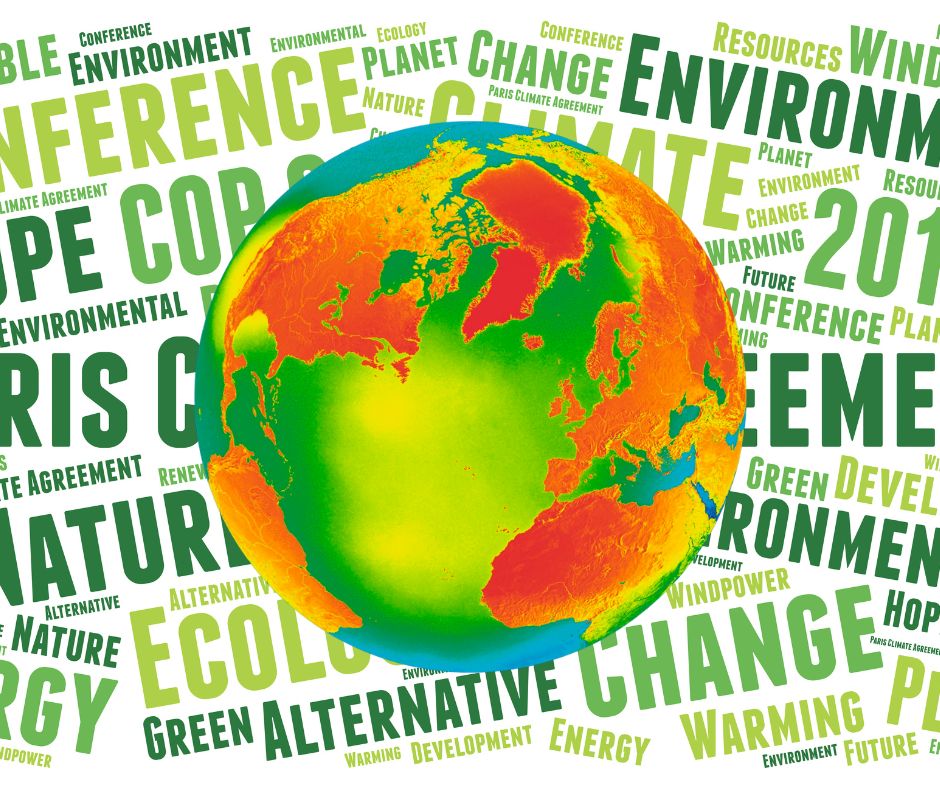
Summary:
- The world’s ongoing reliance on fossil fuels, according to the Lancet Countdown research, raises the danger of food instability, infectious diseases, and heat-related illnesses, emphasizing the fact that climate change endangers global health.
- It finds that during the past two decades, the number of deaths caused by heat has climbed by two-thirds worldwide.
- They will also inquire about the $100 billion per year for climate action that wealthy countries were meant to make accessible starting in 2020.
- A “crisis of confidence” has been forewarned of by the Egyptian hosts of COP27.
- However, as the cost of food and energy rises, the industrialized world is struggling with a cost-of-living problem.
- Unicef report, which was also released on Wednesday, issued an urgent call for increased financing to safeguard children and communities at risk from deteriorating heatwaves.
Globally, climate change is having a significant negative influence on people’s health, according to a report from a prestigious medical journal. The world’s ongoing reliance on fossil fuels, according to the Lancet Countdown research, raises the danger of food instability, infectious diseases, and heat-related illnesses. In response, UN Secretary-General António Guterres said that leaders must scale their responses to the scope of the issue.
Next month, leaders will gather in Egypt for the significant COP27 climate conference.
Climate change: UN chief calls more financing for fossil fuels “delusional”
“Tax fossil fuel profits for climate damage,” said the UN leader.
COP27 report: Climate change endangers global health
The World Health Organization (WHO) and 99 other organizations, all of which were coordinated by University College London, contributed to the report.
The article explains how the COVID-19 epidemic has put further strain on health facilities around the world.
It finds that during the past two decades, the number of deaths caused by heat has climbed by two-thirds worldwide.
In 2022, temperatures smashed previous records all around the world, especially in the UK, where a July temperature of 40C was reported, as well as in some regions of Europe, Pakistan, and China.
Extreme heat can worsen medical issues like cardiovascular and pulmonary disease, lead to heat stroke, and have a negative influence on mental health.
But it claimed that there are fixes. The paper adds, “Despite the difficulties, there is clear evidence that prompt action might still save millions of lives, with a rapid shift to clean energy and energy efficiency.”
The G20 countries, which account for 80% of global greenhouse gas emissions, are being watched, according to Mr. Guterres. They must increase their efforts to reduce emissions and set the example by making greater investments in renewable energy, he continued.
As the addiction to fossil fuels swings out of control, “human health, livelihoods, household budgets, and national economies are being pummeled,” he claimed.
The Lancet study from today is a rallying cry.
The argument put forth by the writers is intended to demonstrate the urgency of taking immediate action at the UN climate conference in Egypt.
But there are tremendous headwinds at the summit.
Nations that became wealthy through the use of fossil fuels pay more money to cover the price of the loss and harm
Developing nations will demand that developed nations who became wealthy through the use of fossil fuels pay more money to cover the price of the loss and harm our changing climate is creating.
They will also inquire about the $100 billion per year for climate action that wealthy countries were meant to make accessible starting in 2020. We still need to raise billions of dollars to reach the amount.
A “crisis of confidence” has been forewarned of by the Egyptian hosts of COP27.
However, as the cost of food and energy rises, the industrialized world is struggling with a cost-of-living problem. Many of them have already committed billions to support Ukraine’s military.
Prepare for some contentious discussions in Egypt.
A Unicef report, which was also released on Wednesday, issued an urgent call for increased financing to safeguard children and communities at risk from deteriorating heatwaves.
Researchers discovered that the transmission of infectious diseases has accelerated due to climate change. Throughout the past 60 years, the number of months that are conducive to malaria transmission has increased in the highland regions of the Americas and Africa.
Emissions from fossil fuels are a significant cause of air pollution. According to data from the Lancet Countdown, 1.3 million (35%) of the 4.7 million fatalities worldwide in 2020 were directly attributed to the use of fossil fuels.
According to the report, the repercussions of other concurrent crises like food insecurity, energy poverty, and rising air pollution are being rapidly exacerbated and made worse by the effects of climate change.
